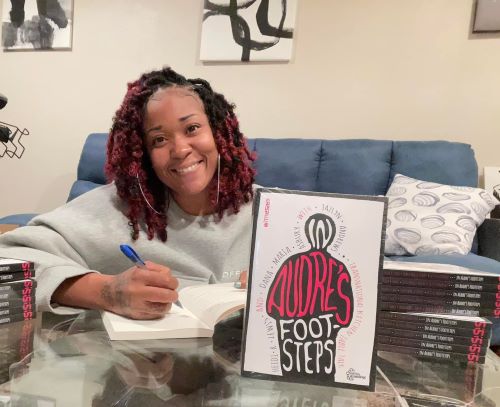The Feminist and Gender Studies Department would like to congratulate Dr. Heidi R. Lewis, Associate Professor of Feminist and Gender Studies and David and Lucile Packard Professor, on the recent publication of her chapter on “Expertise” in the second volume of the Rethinking Women’s and Gender Studies Reader (Routledge: 2024), co-edited by Catherine M. Orr and Ann Braithwaite.
The second volume of Rethinking Women’s and Gender Studies addresses the complexities and inherent paradoxes within the expansive knowledge project known as Women’s and Gender Studies for audiences both inside and adjacent to the field. Each of the volume’s chapters identifies and critically examines a key term that circulates in this field, exploring how the term has come to be understood and mobilized within its everyday narratives and practices.
In constructing provocative genealogies for their terms, authors explicate the roles that this language, and the narratives attached to it, play in producing and limiting possible versions of the field. The ongoing aim of Rethinking Women’s and Gender Studies, both in the original volume and this entirely new extension, is to trace and expose important paradoxes, ironies, and contradictions embedded in the field – from its high theory to its casual conversations – that rely on these terms.
In her chapter, Dr. Lewis critically explores how narratives about expertise circulate in often ambivalent ways that can be both liberatory and subjugating in Women’s and Gender Studies (WGS) spaces. In doing so, she draws on her own experience as a Black feminist scholar at a predominantly white and private liberal arts institution and remains “especially attentive to how struggles with expertise uniquely impact scholars with multiply marginalized identities” (65). In particular, she considers how struggles with expertise in WGS often result in what she terms “the overdetermination of accessibility—that is, in a multifaceted commitment to ensuring mass legibility and a simplistic rejection of the so-called ‘elitism’ of WGS scholarship, which poses especially dangerous implications for those who engage with us as knowers” (65). This overdetermination of accessibility, she argues, makes it more difficult for WGS scholars to have internal academic conversations with their peers without being accused of being elitist (73). At the same time, she grapples with the ways that her own expertise is indebted to “intellectuals who did not earn degrees” (73). Ultimately, she resists providing “definitive answers” on the place of expertise in WGS. Instead, she argues that our very struggle with the politics of knowledge production is essential to our work as feminist scholars. As she puts it in her conclusion, “If, however, we confront the ways narratives about expertise function within and frame WGS, we have the opportunity to maximize our potential to ask and address challenging questions that implicate ourselves, with the purpose of thinking seriously about how to carefully engage each other as uniquely subjugated knowers” (73).
Congratulations, Dr. Lewis. We are so proud to know you!






